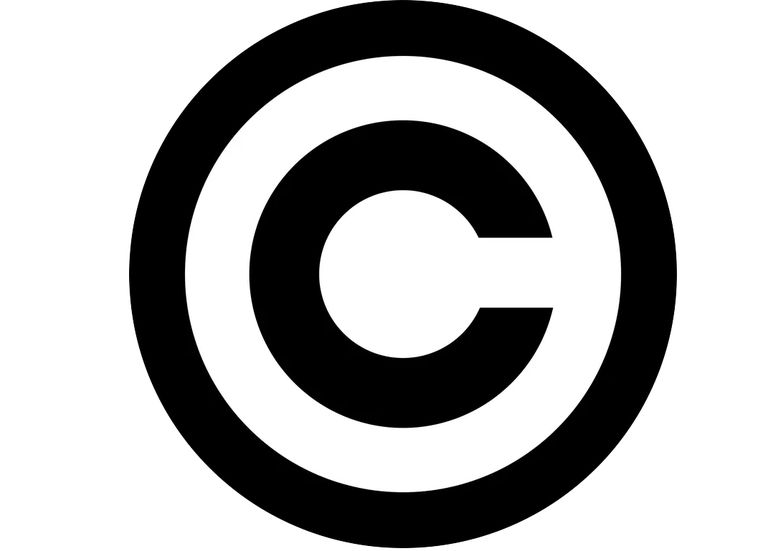

So you’ve made the decision to build your dream home and are shopping around for the perfect design. You find a plan you like on a designer’s website and decide that it’s the home for you. Is it a bit out of your price range? Maybe you take the plan to a local designer that says they’ll produce the plans for a fraction of the cost of the original plans. Or maybe you decide to drop a bedroom and widen the garage in hopes that it’ll be different enough to avoid penalty.
What we’ve described above is copyright infringement and carries a significant penalty and can result in serious legal action.
We’d like to talk about how copyright law protects house plans, both to protect us and fellow designers as well as you, the customer. It is easier than ever to get access to a myriad of home designs, and with this ease has come about a wave of design theft that is both unethical and illegal. House plans are protected under U.S. copyright law in a similar manner to music, film, and literary works. The designs are protected under Title 17 of the U.S. Code, § 102(a)(8) and § 102(a)(5). Designs can be registered both as architectural works, and as pictorial, graphic, and sculptural works, providing architects and designers with two levels of protection.
Owners gain the copyright to a design from the moment the home is drawn, or established and represented in any medium. A design does not need to be registered with the copyright office to establish ownership. Mark Stewart Home Design LLC holds copyrights to all of the house plans presented on our website. Furthermore, designs that are produced via client meetings that may not ultimately end up as a published design are protected by copyright law. If you are provided with preliminary sketches of a home design, that house plan is copyrighted and may not be taken to another designer to reproduce or modify.
Copyright law applies to expressions of ideas, not the ideas themselves. So the drawing of a home that contains rooms arranged in a certain way is protected, but the idea that a home should have these rooms is not protected. Copyright not only protects the original design, it also protects the designer from unauthorized reproductions of the design, even after the house plan has been sold to a customer. This requires express permission from the home designer. Building more than one home from a set of plans also constitutes copyright infringement, again unless multiple licenses are purchased from the designer. It is illegal to make physical copies of a house plan without the permission of the designer. If you need additional sets of plans, they can be purchased from us.
Many people think that if they do not reproduce the plan exactly then they are clear of any risk of infringement. This is not true. Reproductions of a substantial part of a home are subject to copyright law. Courts decide on a case by case basis how similar a home is to the one believed to be infringed upon. If it is ever a question whether you’ve copied too much of a home’s design, you likely have infringed upon the copyright. The safest option is always to purchase an original design from the designer/architect.
Copyright infringement can result in serious financial and legal repercussions. Also, everyone involved in the process of copying or illegally reproducing the design or home can be held liable for damages. There is precedent for penalties ranging all the way up to $3.2 million (Kipp Flores Architects v. Hallmark Design Homes). Legal costs alone can be mountainous. Buying a set of plans and a license from the original designer will always be cheaper than the costs that arise from a copyright infringement case.
This information is intended to educate and protect. Nobody wants to deal with a lawsuit. If you have further questions about the legality of what you are and are not allowed to do with plans you have purchased from us, please reach out via phone, email, or our contact page and we will be happy to walk through your options. It is always cheaper, faster, and easier to ask first than risk the hassle and cost of a copyright case.